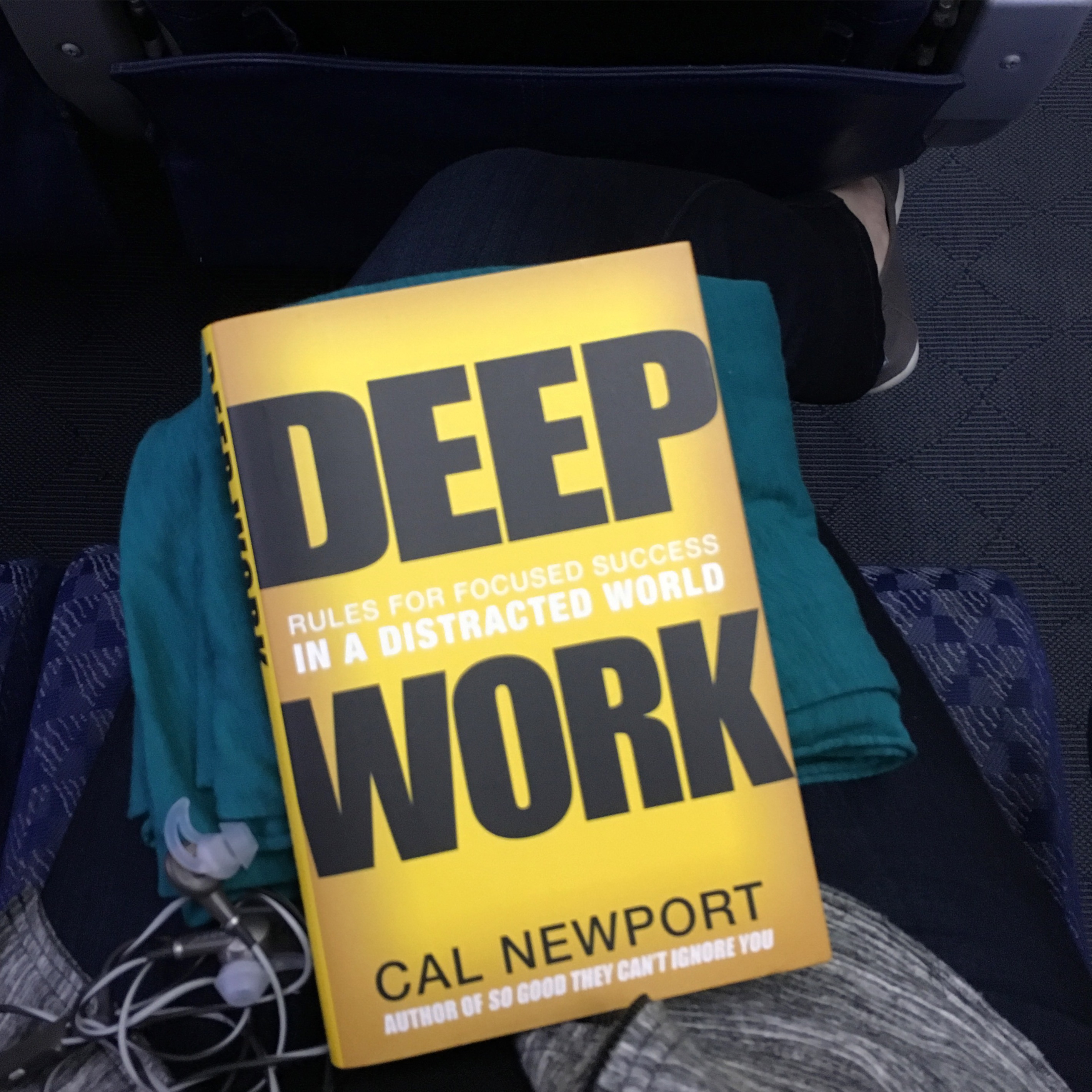While watching a local TV channel one evening in Bangalore, I saw an ad for Community Match, an online dating website. The ad opens with a mother and father bemoaning the fact that their son wasn’t married and how hard it was to find the right match for him. Then, a man approaches them and suggests that they try Community Match. At first they’re reluctant, but of course they’re convinced ultimately.
Many Paths to Love
The path to love Indian style is very different from the American path, and the Community Match ad I saw seemed to encapsulate the many differences. Most Americans are intrigued by the concept of an Indian arranged marriage because they sound so different to Americans from the love lore we’ve grown up hearing. I was surprised by some of the conversations I had in India about the tradition.
I spoke with a couple of men who had opted out and proposed to a woman they’d met and fallen for despite differences in caste and geography – called “love” marriages. Others I spoke with had been married into the traditional arrangement. And, I even met a few bachelors whose families were still in the process of finding an appropriate match for them. Hearing them talk about the process of finding the right match made me feel like I had it easy. Everyone in the family has to agree. If someone in the family – including the extended family – didn’t like a particular woman, then she’s out. Naively I asked what happened if he had already developed feelings for the woman or if he just liked her more than the other candidates. It doesn’t matter was the answer.
Modern Love?
It was eye opening to hear more about this tradition and see how people think differently about marital love. My recent Valentine’s Day post, A Little Bit About Modern Love, got a few comments here and on Facebook and a couple of emails. One of these comments got me thinking.
Here’s it is:
“I was struck by the term ‘modern love’ though – do you think love itself is different in the modern world, or simply how we express it and organize relationships? Obviously the various institutions have been very different in the past, and the connectivity that we all enjoy affords way more opportunities to find relationships than those who lived in the past (grow up in a small village with no car and how many people are you going to meet?). But has “love” itself changed you think?”
Hmm. Good question.
My first reaction was yes, I did think that love itself had changed. I thought of a time in US history, not that long ago, when women were still considered chattel and regularly forced into marriage, as they still are in much of the world. Particularly I thought of the kind of marriage that started that way, but turned into something different over many years and through life’s trials and celebrations. The kind of marriage where real love develops. Instinctually, I felt like this kind of love had to be different than a love entered into freely and maturely.
I have a hard time reconciling the kind of love that develops out of the partnership I seek and the love that develops in time, despite a lack of choice. Admittedly, this view is peppered with my personal bias – that of an educated American professional woman.
On the other hand, maybe love itself hasn’t changed. As I thought more about India and arranged marriages, I realized that I thought differently about them, especially the arranged marriages of the educated, professional people I had met. I don’t assume that they couldn’t develop the same type of love simply because they started differently than American marriages.
So, maybe I’m just confusing the different types of love that could occur, in varying degrees and proportions, among spouses.
In his Valentine’s Day post, Charlie Gilke wrote about the different types of love, and it’s definitely worth a read. Here’s a excerpt from the post, Which Type of Love Are You Cultivating?.
“Today is Valentine’s Day and many of us are thinking about love. Unfortunately for us, we’re trying to separate the many different meanings of love at the same time, for many modern languages only have one word whose context determines the appropriate meaning.”
“The Greeks were better off in this regard, for they had at least four words to describe different types of love. They had:
- Storge (Affection)- the love a parent has for a child or a sibling to another sibling
- Philia (Friendship) – the way we love our true friends
- Eros (Sexual love) – the way we love our lovers
- Agape (Selfless love) – unattached, pure, and compassionate love. In the Christian tradition, this is the type of love God has for his children, but many other religious share this concept but have a different word for it.”
Maybe the the composition of marital love is different when two people enter into the relationship on equal footing? Less dutiful storge and more philia and agape?
Hopefully, in addition to plenty of eros.
What do you think?
—
Photo: wedding decorations in Udaipur
More Info: Matchmaking Indian-Style from Fortune.
